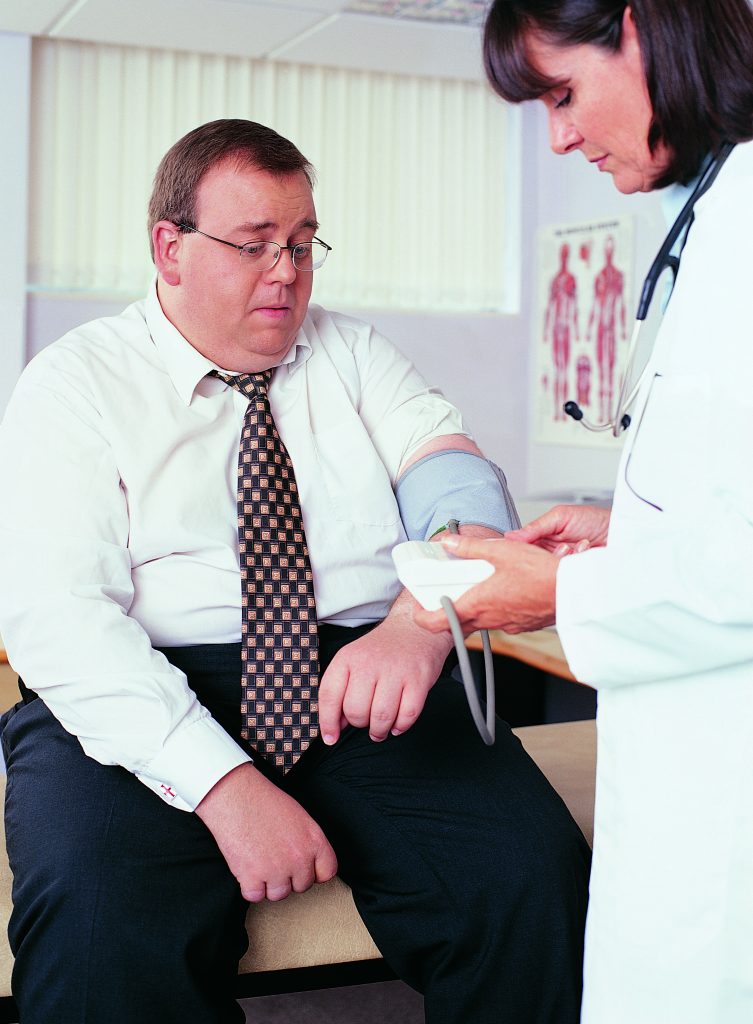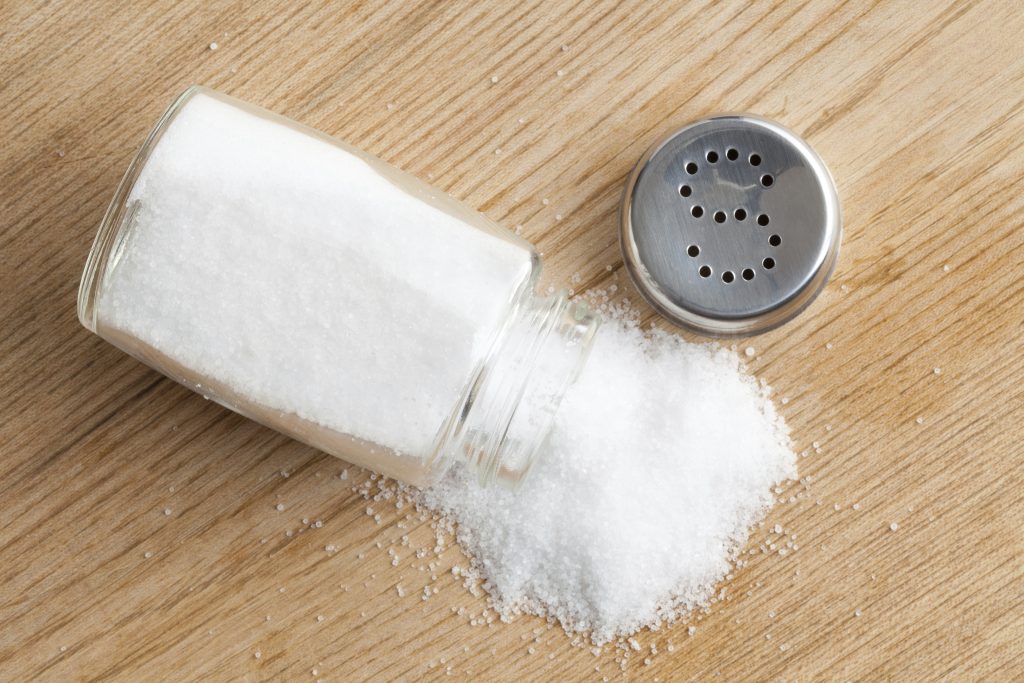Many experts believe sugar is a poison. So does the Mayor of New York city, Michael R. Bloomberg. The mayor has been trying to improve the health habits of New Yorkers for some time, with actions like bans on smoking in bars and city parks and the posting of calorie counts on menus in chain restaurants.
Bloomberg’s recent project was to reduce the obesity rates of his citizens by restricting the amount of sugary drinks they can buy. So, last week, the New York City Board of Health approved a ban on the sale of large sodas and other sugary drinks at restaurants, street carts and movie theaters, the first restriction of its kind in the U.S. Now sugary drinks cannot be sold in containers larger than 16 ounces – some exceptions apply.
Dietary sugar is not good for your health. There are nine reasons why you should quit on sweetie sugar. It may cause hyperactivity, raise blood sugar level, suppress immune system, lead to obesity and diabetes, cause cardiovascular disease, Alzheimer’s disease, dental decay and macular degeneration.
Like many things in science, you can dig out statistics which have contradictory conclusions. This leads to confusion. The World Health Organization and others have said there are contrasting impacts of sugar in refined and unrefined forms. So there are at time no comparable studies to draw conclusions from.
Some experts believe hyperactivity is due to sugar consumption. Others have refuted the idea. Until we get a final word on it, you can stop feeding sugar to kids and adults – especially if they get sugar-high. Your blood sugar level goes up as soon as you eat sugary stuff. Consuming too much sugar suppresses the immune system. The white blood cells that attack bacteria are less effective. Immune system is also suppressed if a person is obese.
Consuming large amount of dietary sugar does not cause diabetes but it does cause obesity which is a risk factor in diabetics. A meta-analysis of several studies found sugar-sweetened beverages may increase the risk of metabolic syndrome and type 2 diabetes not only through obesity but also by increasing dietary glycemic load, leading to insulin resistance, β-cell dysfunction, and inflammation. Metabolic syndrome is a combination of medical disorders that, when occurring together, increase the risk of developing cardiovascular disease and diabetes. It is estimated the syndrome is present in 25 per cent of the the U.S. population.
There is indirect evidence to suggest consuming a diet with a high glycemic load is strongly associated with an increased risk of developing coronary heart disease. The glycemic index ranks foods on how they affect our blood glucose levels.
It is suggested that Alzheimer’s disease is linked with the western diet. Animal studies suggest controlling the consumption of sugar-sweetened beverages may be an effective way to curtail the risk of developing the disease. There are links between free sugar consumption and macular degeneration in older age. There is convincing evidence from human studies to show an association between the amount and frequency of free sugars intake and dental decay.
Bloomberg’s next project should be to do what Japan did in 2008. A law in Japan requires overweight individuals or individuals who show signs of weight – related illnesses to go to dieting classes. If they fail to attend the classes then the company and/or the local government would be fined.
Start reading the preview of my book A Doctor's Journey for free on Amazon. Available on Kindle for $2.99!



